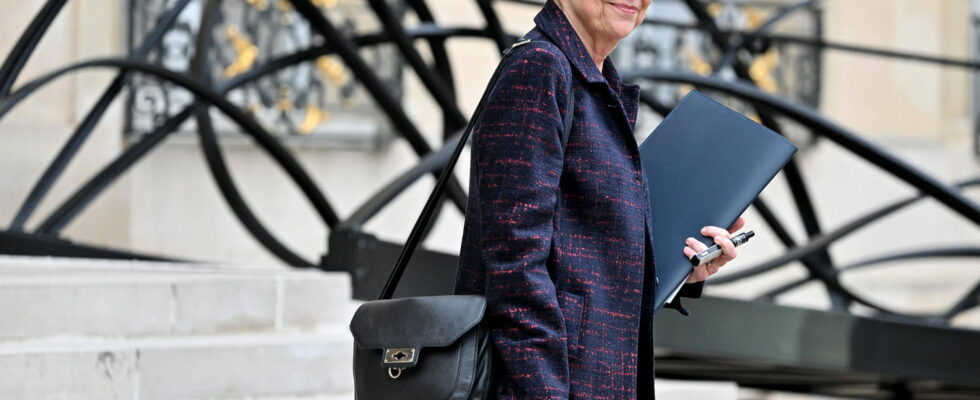Children have the right to new education this year: what does the sexuality education program contain?
The education program for emotional, relational life and sexuality (Evars) has been the subject of various controversies in recent weeks. At the end of November, the reformulation of the text had in fact been the target of a major conservative revolt. This version had not yet been published when it was already under attack for its “ideological” character, imbued with “woke activism”, according to conservative family associations, elected officials and the media, from the traditional right or the far right.
In the process, the former minister in charge of academic success, Alexandre Portier declared that the proposed sex life education program “was not acceptable” as it stands. In particular, he was committed “personally to ensuring that gender theory does not find its place in our schools, because it should have no place there”. The said minister had been reframed by the Minister of National Education, who insisted that the latter’s positions were fantasies.
Never mind, the text was marginally revised and the date of its examination by the Higher Council of Education pushed back to January 29 (originally, it was to take place mid-December). For this third version, the Minister of Education Élisabeth Borne announced that she would essentially take up the text presented by her predecessor Anne Genetet.
The term “gender identity” removed ten times
Some modifications can nevertheless be noted: the term “gender identity” for example is cited seven times instead of 17 in the previous version. The “gender theory”, a point of tension on the right, does not appear in any of the versions, neither this one nor the previous one, even if the notion of gender is addressed, through the fight against stereotypes between girls and boys from kindergarten, according to BFMTV which was able to consult the text. The question of asexuality – the absence of sexual attraction towards others – has for its part been withdrawn.
For the rest of the compulsory program from kindergarten to high school, the constituent elements of the old versions return: the fight against sexist and sexual violence, the fight against the effects of pornography and against early prostitution. Learning about consent, preventing incest and the risks of social networks are also discussed.
In kindergarten, the notion of intimacy is approached through learning “prohibited behaviors”, even with a trusted adult. As a reminder, the Civilization estimates that “three children per class are victims of incest each year in France, and 5 and a half million French people have experienced sexual violence in their childhood”. In elementary school, the notion expands to take into account family ties and the promotion of egalitarian relationships. Its goal is to help children understand that they are free to love whoever they want.
A program “adapted to the age of the students”
In middle school, “gender identity” disappears in favor of the word “gender” to allow students to think about discrimination based on sex, gender and sexual orientation. In high school, they will be able to approach the biological differences between women and men as elements that do not determine the expressions, behaviors and roles attributed to the “masculine” and “feminine” genders.
The program aims to study all these concepts very early, in a way “adapted to the age of the students”, but “without replacing the role of parents and families”. In advance, parents are also informed of the dates on which the three compulsory sessions per year take place, as required by the 2001 law.
According to article L312-16 of the Education Code“these sessions present an egalitarian vision of relationships between women and men. They contribute to learning about the respect due to the human body and raise awareness of sexist or sexual violence as well as female sexual mutilation.” In reality, however, this law is rarely applied: less than 15% of students benefit from sexuality education despite the legal obligation, according to the Economic, Social and Environmental Council (CESE). To see if this overhaul will be able to penetrate the walls of all educational establishments.
